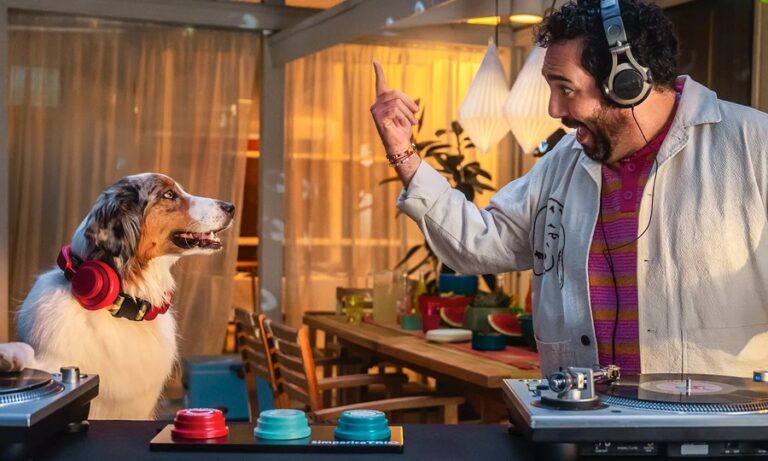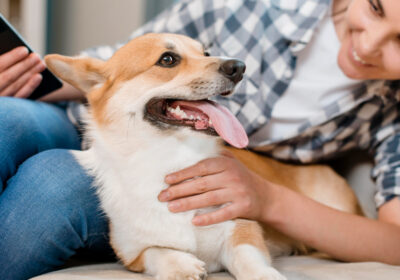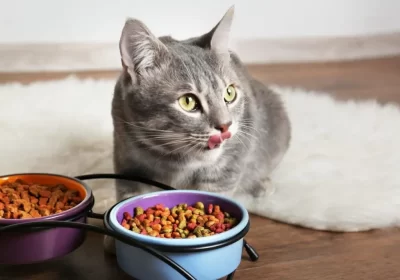
Are Macaws Good Pets? Understanding the Commitment Behind These Colorful Companions
Macaws are the most beautiful and smartest birds in the world. They have bright feathers, playful characters, and the ability to imitate human speech perfectly, so they won’t have any problems getting the attention of bird lovers everywhere. But still, before deciding to have one as a pet, one important question has to be answered: Are macaws good pets? The fact is that macaws are good pets. They can turn out to be very loving and faithful friends. But at the same time, they need a very high level of care, patience, and commitment.
This guide will take you on a journey through the world of macaws. We will learn which macaws make good pets —talking about their lifespan, talking ability, and costs, to the time and attention they expect. After learning about these, you can decide whether macaws are good for you or not.
1. Are Macaws Parrots? Understanding What Makes Them Unique
The short answer is yes — macaws are parrots. Moreover, they belong to the most assorted and largest family members of the parrot family, the Psittacidae. Coming from Central and South America, macaws are recognized by their long tails, powerful curved beaks, and vibrant feathers, which are nothing but a spectrum of colors—red, blue, green, yellow, and gold.
The intelligence of macaws is what sets them apart from other birds. Just like the other parrots, macaws can do problem-solving, learning tricks, and developing strong emotional ties with their owners. But on the other hand, they have a naughty side as well and easily get bored if they do not get enough mental stimulation.
2. Can Macaws Talk?
Among the frequently asked questions by beginner bird owners, one of the top ones is, can macaws talk? The point is that the majority of the macaws can learn to talk but not all of them will be fluent speakers. Macaws use their ability to mimic human voices and environmental sounds as a way of communicating or gaining attention.
And the things that they can say are usually just short phrases like “Hi,” “Good morning,” or even their owner’s name. Their voice, nonetheless, is usually deeper and louder than those of smaller parrots like African Greys or Cockatiels. If you want your macaw to speak clearly you will need to engage in regular interaction, training, and positive reinforcement. If you are interested in speaking birds you can take a tour to TalkingParrotsIsland where you will find various talking birds for sale.
3. How Long Do Macaws Live? The Lifelong Commitment
Having a macaw is a long-term decision, not a short-term one. How long do macaws live? Under good conditions, a healthy macaw in captivity can live anywhere from 40 to 80 years, depending on the species and the care it receives. And there are cases where macaws lived up to 90 years!
Thus, adopting a macaw is usually equal to a lifetime commitment that might even sometimes cross generations. Due to this reason, the future owners should think about long-term care, which includes feeding, space, and care from another person in case you can no longer look after the bird.
4. How Much Is a Macaw Parrot? Understanding the Cost
If you are thinking of having one as a pet, then you might be concerned to know how much is a macaw parrot? The price of a macaw is very different depending on the species, age, and breeder’s name.
Here’s a general breakdown:
- Blue and Gold Macaw: $1,200 – $2,500
- Scarlet Macaw: $2,000 – $4,000
- Green-Wing Macaw: $3,000 – $5,000
- Hyacinth Macaw: $10,000 – $20,000 (the rarest and most expensive)
Nevertheless, the expense is not limited to the initial purchase. Macaws need to be accommodated in large cages surrounded with toys, perches, and a varied diet including fresh fruits, vegetables, and pellets, and regular vet check-ups. Lifetime ownership costs can quickly pile up to more than $10,000.
5. What Type of Wings Do Macaws Have? Built for Power and Grace
Macaws are recognized for their robust, extensive wings, which enable them to glide elegantly over the rainforest’s treetops. The strength of the wings is for such long distances for sure but also for the stability that comes with them.
Not only is the movement of their wings by flying, but also speaking the language of emotions through the body. A macaw could open its wings to display joy or to confirm its rank. In the case of pet macaws, exercise as well as space for flapping should be provided. Even those who have their wings clipped should still have an area they can safely do so for the sake of their health.
6. Where Can I Buy a Macaw? Choosing the Right Source
If you’re asking the question where to buy a macaw, your options are many but selecting a responsible and trustworthy source is very important. Pet shops that don’t have proper documentation or proof of ethical breeding should be avoided.
On the contrary, you might wish to think about:
- Certified Avian Breeders: These breeders are committed to raising macaws by hand and they are healthy, socialized, and used to human contact.
- Avian Rescue Centers: Many macaws are given up because their care is too much for their owners. By adopting from a rescue center you are giving a bird the chance for a second loving home.
Before making a purchase, always check that the breeder or rescue offers health certificates and lets you see the bird’s living conditions.
The Commitment Behind the Companion
The question arises whether macaws are good pets, and the answer is yes but only if the owner is suitable. Macaws are smart, loving, and sometimes very funny. They require a lot of attention and interaction, which is their nature. On the other hand, they are challenging pets.
They require:
- Daily mental stimulation: Toys, puzzles, and training sessions.
- Time and attention: At least 2–4 hours of out-of-cage interaction daily.
- Proper diet: Fresh fruits, vegetables, nuts, and pellets—not just seeds.
- Space: A large cage and flight time to stretch and exercise.
- Noise tolerance: Macaws are loud. Their calls can carry for miles in the wild!
If ignored, macaws can turn into troublemakers, engage in feather-pulling, or acquire behavioral problems. Nevertheless, with proper and regular care, they turn out to be lifelong partners that are very dynamic and affectionate.
The Emotional Bond with a Macaw
The emotional bond is one of the biggest advantages of having a macaw as a pet. They are able to distinguish between people, express their feelings, and sometimes even get jealous or be protective. A lot of pet owners compare their macaws to toddlers in terms of intelligence and dogs in terms of loyalty.
On the other hand, this connection makes it hard for macaws to be left alone for long periods of time. They can exhibit loud screaming and destructive behavior due to separation anxiety. So, if you lead a hectic life, adopting a macaw might not be the best option for you.
Final Thoughts: Is a Macaw Right for You?
If you’re still asking, are macaws good pets? The answer depends on your lifestyle and willingness to commit. Parrots like these aren’t easygoing pets at all; they will take several years of your love, attention, and care to be content. However, if you are the one who knows the responsibility, a macaw will turn out to be one of the most rewarding and loving kinds of friends that one can ever get.
Before moving one in, think over your time, space, and future plans. Pay attention to the fact that a macaw is not only a pet but rather a partner for life, it will have feathers, smarts, and a personality as colorful as its colors.


















